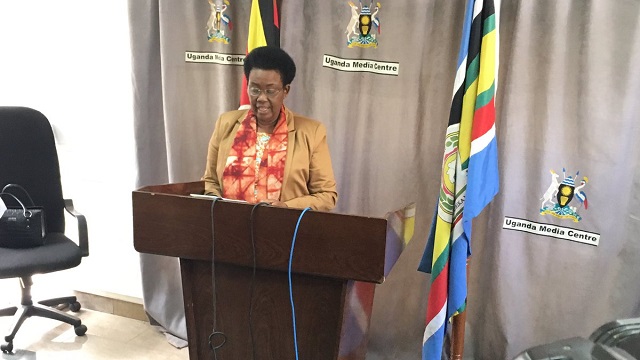
Kampala, Uganda | THE INDEPENDENT | Uganda is set to launch a regional Gene Bank, a scientific measure to preserve indigenous animal genetic materials which are threatened by population pressure, land scarcity and climate change, among other man made factors.
The bank will preserve animal genetic resources germplasm for 12 Countries including Uganda, Ethiopia, Kenya, Tanzania, Rwanda, Burundi, Djibouti, Eritrea, Somalia, Republic of Comoros, South Sudan and Sudan. It is one of the six established under the Global Plan of Action to conserve the world’s heritage of animal genetic resources for food and agriculture. Other banks exist in Burkina Faso, Botswana and Cameroon.
State Minister for Animal Husbandry Joy Kafura Kabatsi says that while the world continues to depend on livestock production, animal diversity is vanishing with a dangerously narrow genetic base, adding that because of their genetic uniformity, huge numbers of animals could be wiped out by diseases.
She observes that locally adapted animal species and breeds carry the genetic material of immense value which must be conserved as livestock contribute immensely to livelihoods and to food and income security for the present and future generations in our region.
“The extensive genetic diversity found in various species and breeds makes the East African region a reservoir of important genetic variations which are critically required for improvement at the present, and to address future challenges,” Kabatsi told journalists at the media centre in Kampala.
She is optimistic that the gene bank, to be unveiled this Friday in Entebbe, will help Uganda to preserve its indigenous livestock breeds like the Ankole longhorn cow, the Zebu, goat breeds from Mubende, Kigezi and Buganda plus genes of indigenous breeds of rabbits, pigs and birds, some of which face extinction.
Kabatsi observes that it is important to conserve the local breeds not only because of heritage and cultural attachments but also because they have proved to be more resilient to climate change, pests and diseases, than the cross or exotic breeds.
Dr Charles Lagu, the Executive Director of the National Animal Genetic Resources Centre and Data Bank says that having the bank here gives Uganda easy access to other breeds of animals from other countries and an opportunity to increase the livestock varieties in the country. He says the bank has the capacity of storing millions of genetic resources using liquid nitrogen tanks.
Dr Lagu says that currently, Uganda does not have the capacity to preserve the genes in a laboratory condition but can only provide a breeding ground where animals can be kept safely, bred and preserved for future generations.
In 2005, the Food and Agriculture Organization –FAO reported that at least 20 per cent of the world’s estimated 7,600 indigenous livestock breeds, among them the Ankole cow faced extinction. The agency warned of a potential meltdown in the indigenous livestock.
*****
URN
 The Independent Uganda: You get the Truth we Pay the Price
The Independent Uganda: You get the Truth we Pay the Price



